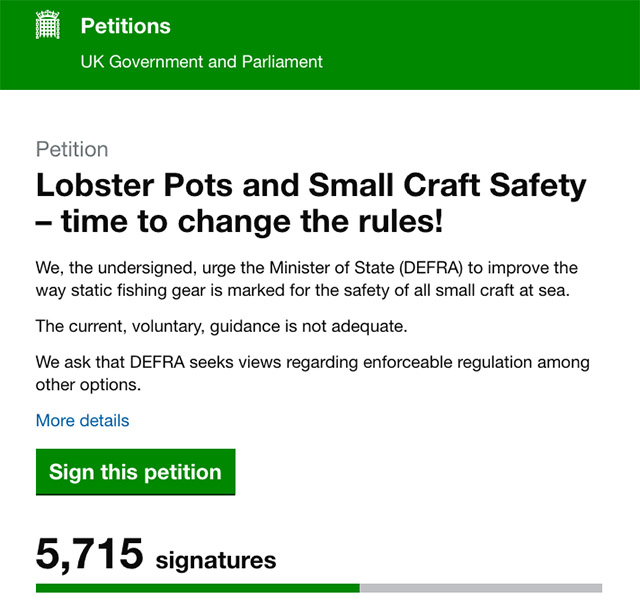All boat owners MUST have the new DEPKA form by 26 September this year - and if they don’t, the new law states fines will be imposed
New regulations affecting all boat users in Greece have finally been put into place – and all must comply by September of this year or risk being fined, reports the Cruising Association (CA).
The CA has been trying to clear up confusion over the replacement DEPKA – the document all boat owners must have stamped annually and carry with all ship’s papers.
Despite months of asking for clarification by the Greek Directorates, nothing was forthcoming but the new document has at last been delivered to the Port Police and the process of implementing the new system has begun.
To obtain the new DEKPA boat owners need to present the following original documents:
- Registration Document
- Insurance certificate (in Greek)
- Passport for every person on the registration certificate (this could be a problem for shared ownership yachts).
- ICC or equivalent
- Receipt for the €50 fee
A CA member, who shares a boat in the Ionian, said to get over the potential problem of all syndicate owners going to the Port Police office at the same time, they used a local yacht club, known to the office.
‘It was ridiculous asking for all owners to be present at the time of presenting all documentation to the port police,’ she said. ‘A local company took on the job for all 50+ boats in their care and the process was smooth and simple.’
Greece has finally agreed to the presentation of Notarised copies of passports for syndicated boats where members are not present.
CA member, Chris Robb, who has been liaising with the Greek authorities on behalf of all boat owners in Greece, warned: ‘While you may not get a query presenting your RYA Yacht Master certificate, the official line is that there must be an authorised explanation in Greek that the certificate in question has sufficient standing. Please just therefore get an ICC and do not risk it.’
He added: ‘The rules also say you must use the online Greek tax system and if you have problems, you can get help from the port office and the Citizens Help Bureaux (CSC). However, in practice the Port Police will either direct you to a local bank or the local tax office – or the CSC – in order to pay. You will then go back with the receipt to the Port Police and they will issue the new DEKPA.’
There are still some port offices who have not heard of the new regulations yet, or have run out of forms, or who think that it’s only for over 9m yachts (7m is the requirement).
But there are potential problems even if you have had your old DEKPA already stamped this year. All boat owners MUST have the new form by 26 September this year -. And if they don’t, the new law states fines will be imposed.
Change in visa could welcome worldwide yachtsmen
The Cruising Association say US, Canadian, New Zealand, Australian, South African and other 'friendly' nationalities are most affected
New legislation for cruisers in Greece
The first point of contention is that in the rates they have announced, you will see a huge jump between…
CA’s lobster pot petition postponed for General Election
The announcement of the General Election on June 8 has meant the Government’s petition committee has had to be closed…
Come renewal next year, the provisions of the Law requires everyone to have the new DEPKA stamped on the due date each year. There must be no lapses – again there are threats of fines.
Mr Robb said: ‘We have been informed that owners who cannot be there at renewal must employ an agent to act for them. This is wholly impractical and totally unacceptable.’
He added: ‘We understand that many Port Police may just make you get a new DEKPA form – thus your “fine” will be €50. However there is no confirmation of this.’
Mr Robb said he had asked for clarification on the following:
- What are the fines, and under what circumstances will they be levied?
- Would they allow – like Croatia – a discretion for Port Police to back-date the stamp when the owner is finally present?
- Is the re issue of a new DEKPA at €50 official policy for late renewals?
More than two years ago, the Greek government brought out a new law proposing a new Greek Cruising duty/tax.
Mr Robb said: ‘There is no official information at all coming from the relevant Directorate as to when – or if – this duty will be collected. The only rumours we hear are that the Port Police have refused to collect it – but this is wholly unsubstantiated. We can but wait and see.’
He also warned that everyone needed to be prepared for a re-run of the 2015 cash crisis and should carry some emergency Euros if the banking crisis erupts again.







